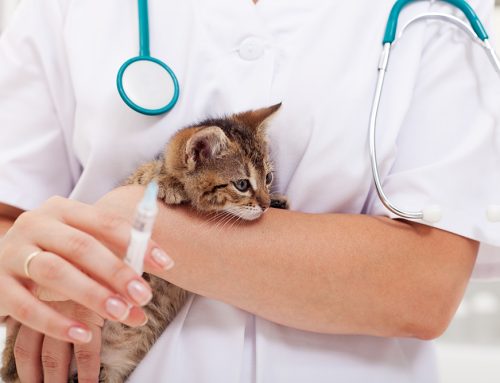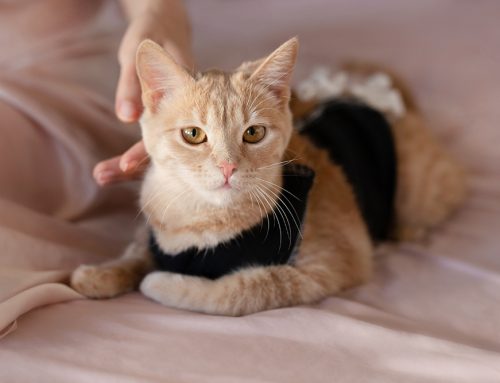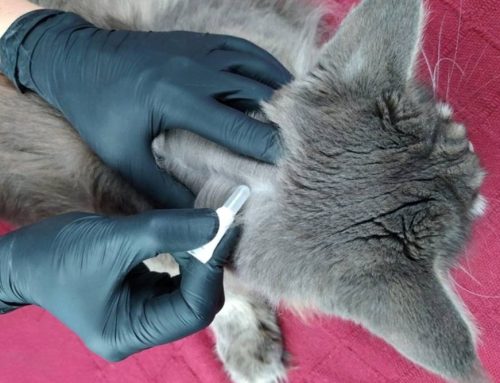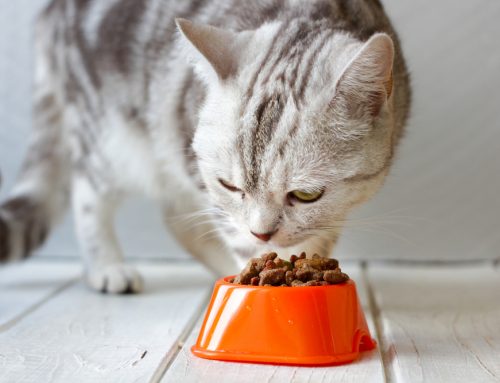Vaccination recommendations are based on your cat’s lifestyle, exposure risk, and the diseases common in our area. Whether your cat lounges on windowsills or explores the great outdoors, we tailor their care to keep them healthy, happy, and protected.
The indoor companion
This cat enjoys life in the safety of home—sunbeams, snuggles, and the occasional zoomie. Though indoors, they’re still at risk for viruses that can enter the home on clothing, shoes, or other pets.
Recommended vaccines:
- FVRCP (Panleukopenia, Rhinotracheitis, Calicivirus)
- Rabies (Purevax)
The outdoor adventurer
Whether roaming the neighborhood, chasing butterflies, or socializing with other cats, these cats face higher exposure to contagious diseases through bites, shared bowls, or even grooming friends.
Recommended vaccines:
- FVRCP
- Rabies (Purevax)
- FeLV (Feline Leukemia Virus)
| Vaccine Timing by Lifestyle | ||
|---|---|---|
| 7–9 weeks | FVRCP (1st dose) | FVRCP (1st dose) |
| 10–12 weeks | FVRCP (2nd) FELV (1st) |
FVRCP (2nd) FELV (1st) |
| 14–16 weeks | FVRCP (3rd) FELV (2nd) Rabies (annual) |
FVRCP (3rd) FELV (2nd) Rabies (annual) |
| 1 year | FVRCP Rabies Purevax (annual) |
FVRCP Rabies Purevax (annual) FELV (2 Yr) |
| Adult | FVRCP (3 yrs) Rabies Purevax (annual) |
FVRCP (3 yrs) Rabies Purevax (annual) FELV (2 yrs) |
We recommend Purevax Rabies because it’s a non-adjuvanted vaccine, lowering the risk of vaccine site reactions or tumors. For clients who request it, a 3-year traditional rabies vaccine is available.
- All kittens receive Rabies by 16 weeks, regardless of lifestyle.
- FeLV is part of the core kitten series, even for indoor cats, due to future exposure risk.
- After 1 year, lifestyle determines whether FeLV boosters continue (usually for outdoor or at-risk indoor cats).
Annual testing for cats
Cats are great at hiding illness, so routine blood and fecal tests help catch silent diseases early—giving us the best chance to treat them before they become serious.
Recommended lab work testing by age
Kittens to 4 years
Fecal antigen + flotation:
- Screens for intestinal parasites (roundworms, hookworms, whipworms, giardia, coccidia). Some are zoonotic—meaning they can be transmitted to humans.
Feline triple test (FeLV, FIV, Heartworm Antigen):
- Performed at adoption or for any cat with unknown history or outdoor exposure. Essential for multi-cat households.
Adult cats (4–8 years)
Includes all of the above, plus:
CBC (Complete Blood Count):
- Evaluates red and white blood cells and platelets to detect anemia, infection, inflammation, and early immune issues.
Mini chemistry panel:
- Screens kidney and liver enzymes, glucose, total protein, and electrolytes. Identifies early indicators of kidney disease, diabetes, liver dysfunction, and metabolic stress.
Senior cats (8+ years)
Includes all of the above, plus:
Full chemistry panel:
- Full metabolic profile of kidneys, liver, pancreas, calcium, phosphorus, cholesterol. Detects diabetes, pancreatitis, chronic kidney disease, and mineral imbalances.
Thyroid test (Total T4):
- Screens for hyperthyroidism—common in older cats and often presents with weight loss, vomiting, or behavior changes.
Urinalysis:
- Detects early kidney dysfunction, urinary infections, crystals, and signs of diabetes not yet visible in bloodwork.
ProBNP (Cardiac Biomarker):
- Screens for early heart disease in cats who may have no symptoms but are at risk due to age.








Leave A Comment